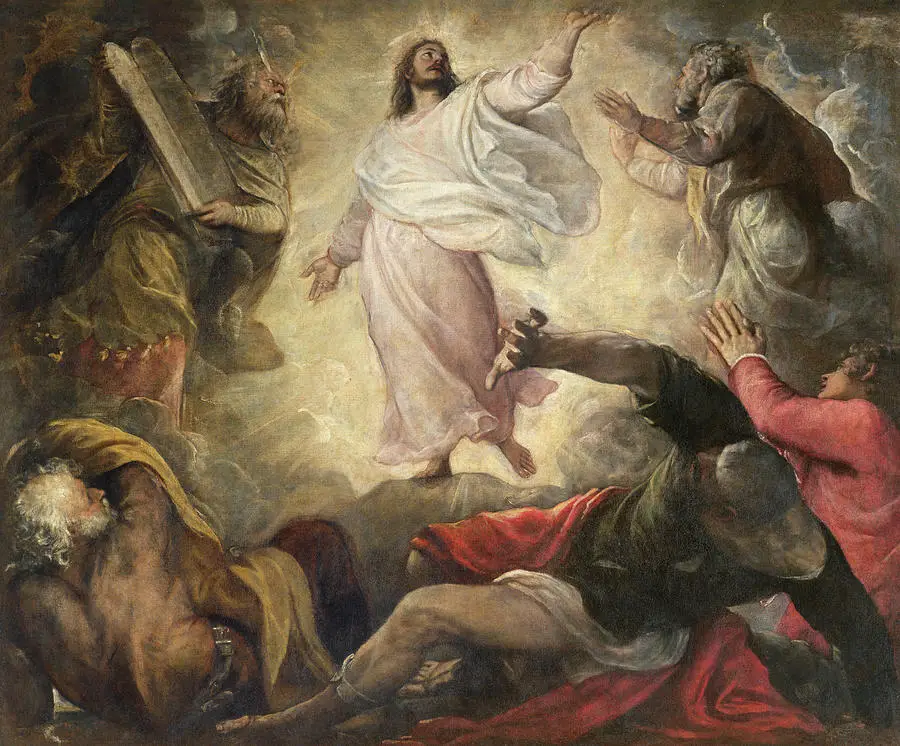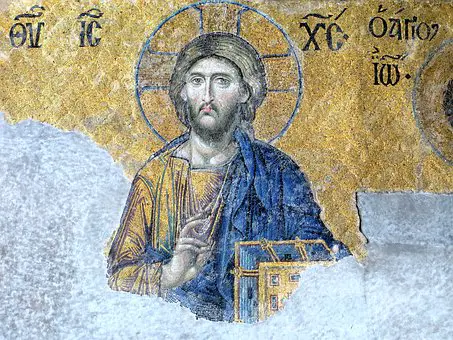The Son of Man
Renè Magritte's self portrait entitled, The Son of Man, is considered to be his most famous piece. In it, the Belgian surrealist is wearing a bowler hat, and his face is partially hidden behind a bright green apple. In simple terms, the concept behind Magritte's painting is that what is visible is simultaneously hidden.[1]Today's post has more in common with Magritte's painting than simply the title. By examining Scripture, we will discover that Jesus' identity as the Son of Man has been partially obscured, not…





